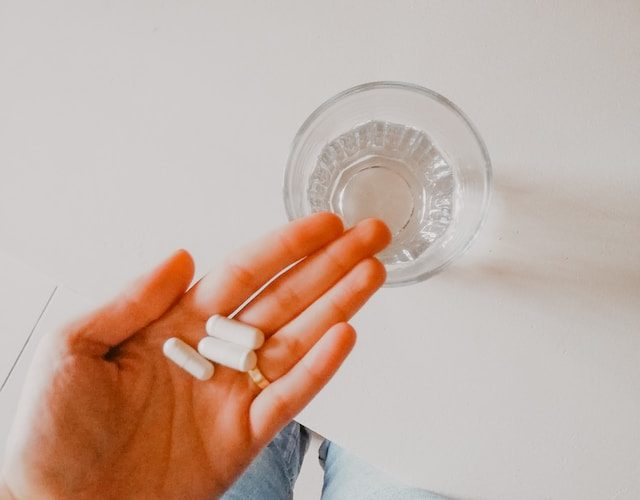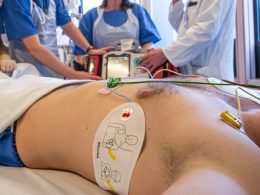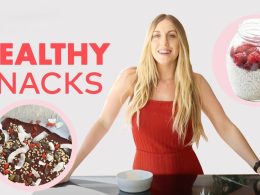Introduction:
Veganism has gained significant popularity in recent years, with many people adopting a plant-based lifestyle for ethical, environmental, and health reasons. However, critics often raise concerns about potential nutrient deficiencies in a vegan diet. In this article, we will explore the truth about veganism and nutrient deficiencies, separating fact from fiction.
- Protein Deficiency:
One of the most common misconceptions about veganism is that it leads to protein deficiency. While it is true that plant-based protein sources may be lower in certain essential amino acids, a well-planned vegan diet can easily meet protein needs. Legumes, tofu, tempeh, seitan, quinoa, and hemp seeds are all excellent sources of protein for vegans. Moreover, protein deficiency is rare, even among vegans, as long as they consume an adequate number of calories and maintain a varied diet.
- Iron Deficiency:
Iron is an essential mineral that plays a crucial role in oxygen transportation and energy production. Critics argue that plant-based iron sources are less bioavailable than those from animal products. However, plant-based iron can be just as efficiently absorbed when consumed alongside vitamin C-rich foods, such as citrus fruits or peppers. Additionally, vegans can include iron-fortified foods like breakfast cereals or opt for plant-based sources like lentils, spinach, and tofu to ensure adequate iron intake.
- Calcium Deficiency:
Calcium is necessary for strong bones and teeth. Dairy products are often touted as the best source of calcium, leaving some to question whether vegans can meet their calcium needs. However, numerous plant-based sources are rich in calcium, including leafy greens like kale and collard greens, fortified plant-based milks, tofu made with calcium sulfate, and fortified orange juice. Vegans can easily achieve their calcium requirements by incorporating these foods into their diet.
- Vitamin B12 Deficiency:
Vitamin B12 is primarily found in animal-based products, leading to concerns about its availability for vegans. It is true that a vegan diet is typically deficient in vitamin B12, as the vitamin is not found in significant amounts in plant-based foods. Vegans are advised to consume fortified foods like nutritional yeast, plant-based milks, and breakfast cereals, or take a B12 supplement to prevent deficiency. Regular monitoring of vitamin B12 levels and appropriate supplementation is crucial for vegans.
- Omega-3 Fatty Acid Deficiency:
Omega-3 fatty acids, particularly DHA and EPA, are primarily found in fatty fish. Critics argue that vegan diets lack these essential nutrients, which are vital for brain health and heart function. While it is true that plant-based sources like flaxseeds and chia seeds provide a type of omega-3 called ALA, which the body can convert to DHA and EPA, the conversion efficiency is limited. Vegans may consider supplementing with microalgae-based DHA and EPA or consuming foods fortified with these fatty acids.
Conclusion:
Contrary to common misconceptions, a well-planned vegan diet can provide all the necessary nutrients for optimal health. Protein, iron, calcium, and other essential nutrients can be obtained from a variety of plant-based sources. However, vitamin B12 and omega-3 fatty acids require special attention, and vegans should consider appropriate supplementation or fortified foods. As with any diet, it is essential to educate oneself, consult healthcare professionals, and ensure a balanced and diverse food intake to avoid nutrient deficiencies. With proper planning, vegans can thrive while enjoying the ethical and environmental benefits of their dietary choices.












